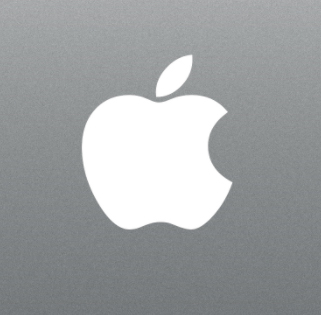
What would an Apple self-driving car look like? We don’t know yet, but what we do know is that the company has serious plans to roll out its own electric self-driving car by 2024. The news is significant, both for Apple and the self-driving car industry.
Depending on how the situation unfolds in the next months and years, the fact that there’s a concrete date for Apple’s self-driving car plans could indicate the company is making a fundamental change to its product-development strategy.
In the 2010s, advances in deep learning have led to great improvements in computer vision, one of the key technologies powering self-driving cars. If the data is representative of all the situations the self-driving car will face, then it will have a robust performance.
The AI’s actions will become unpredictable when faced with edge cases-novel situations that happen rarely-such or a fire truck parked at an odd angle or an overturned car.
Unlike efforts at other companies like Uber and the Google-owned Waymo, very little is known about Apple’s self-driving car project and the company’s progress. The initial goal was reportedly for Apple to create a car from scratch. In 2016, the company shifted focus and aimed at developing software for self-driving cars.
The history of Project Titan indicates that Apple has always maintained interest in self-driving cars, but there were never signs of a plan to launch a product.
If you look at some of Apple’s other products-the HomePod, Apple Music, and Apple Watch-they were never the first of their kind but a revolutionized version of what already existed.
The self-driving car industry is still marked with missed deadlines by all major players. Despite tremendous progress, there is still no real self-driving car solution.
While most experts agree that we’ll eventually have driverless cars on our roads, many questions remain, such as what they will look like, how and if they will share roads with human-driven cars, what will be the regulatory requirements, and will the meaning of car ownership change.
There’s one very convincing reason Apple would enter a market as immature and risky as self-driving cars. Unlike other sectors that Apple has conquered, self-driving cars are heavy on artificial intelligence and warrant a different development strategy.
The deep learning algorithms used in self-driving cars require huge volumes of training data obtained from driving cars on roads. The plan to launch a consumer-level self-driving car might indicate that Apple will be adopting a strategy that is similar to Tesla, which would be a bit controversial for a company that takes pride in collecting very little data from customers.
Selling directly to consumers raises the question: How much will the car cost? The benchmark we have is Tesla’s electric vehicles with autopilot support, which cost between $35,000 and $120,000.
While Tesla is using a pure computer vision approach, relying only on deep learning and minor help from a front radar and sensors to navigate roads, Apple plans to include lidars on its self-driving cars.
According to a 2017 estimate, lidars used in self-driving cars can cost between $8,000 and $85,000, and each self-driving car requires several lidars, which can sometimes triple the price of the car. For its self-driving car, Apple will be using its own lidars and partner with other manufacturers.
The consumer-level Apple car will probably be more expensive than the Tesla, but by 2024, the costs of the hardware might have dropped to the point that the difference will be negligible.
According to the Reuters report, Apple is looking to outsource the manufacturing of the car, which would be in contrast to the company’s preference to maintain full control over its product stack.
Even though Apple has decades of experience in running manufacturing plants and managing complex supply chains, building cars is a different challenge altogether, which would warrant partnering with a car manufacturer.
At the moment, self-driving car technology is anything but flawless.
This might partly be the reason Apple has been reserved until recently and only leaked information about its self-driving car project through unnamed sources.
The self-driving car industry is changing rapidly, and I wouldn’t be surprised if what we see in 2024 is very different from the initial report.
What’s for sure is that Apple is serious about creating a self-driving car, and its engagement can have a serious impact on the future of transportation and the company itself.
